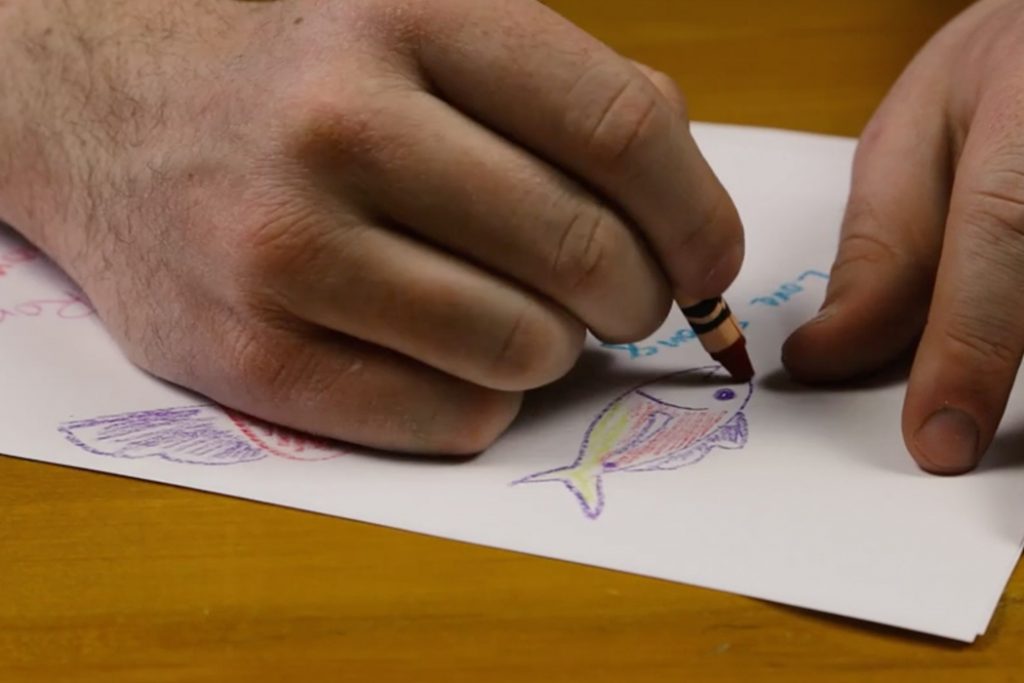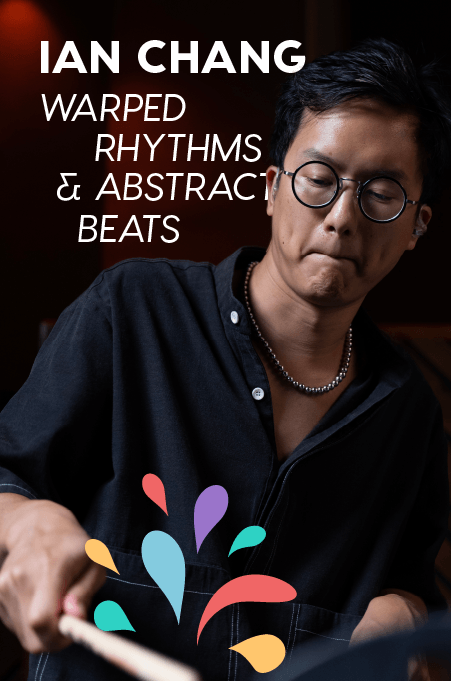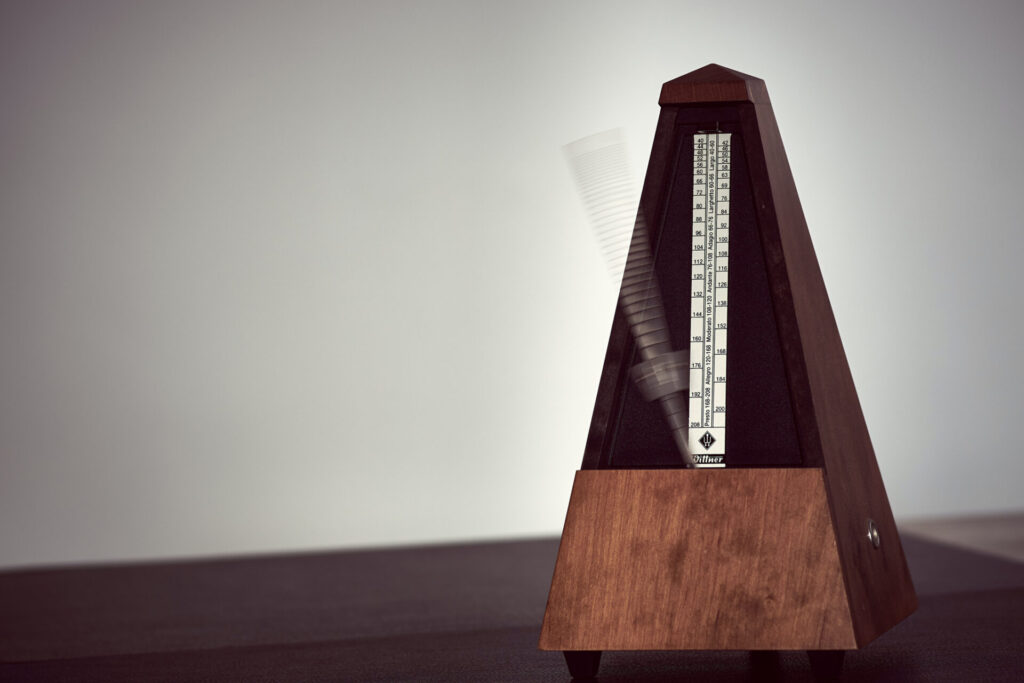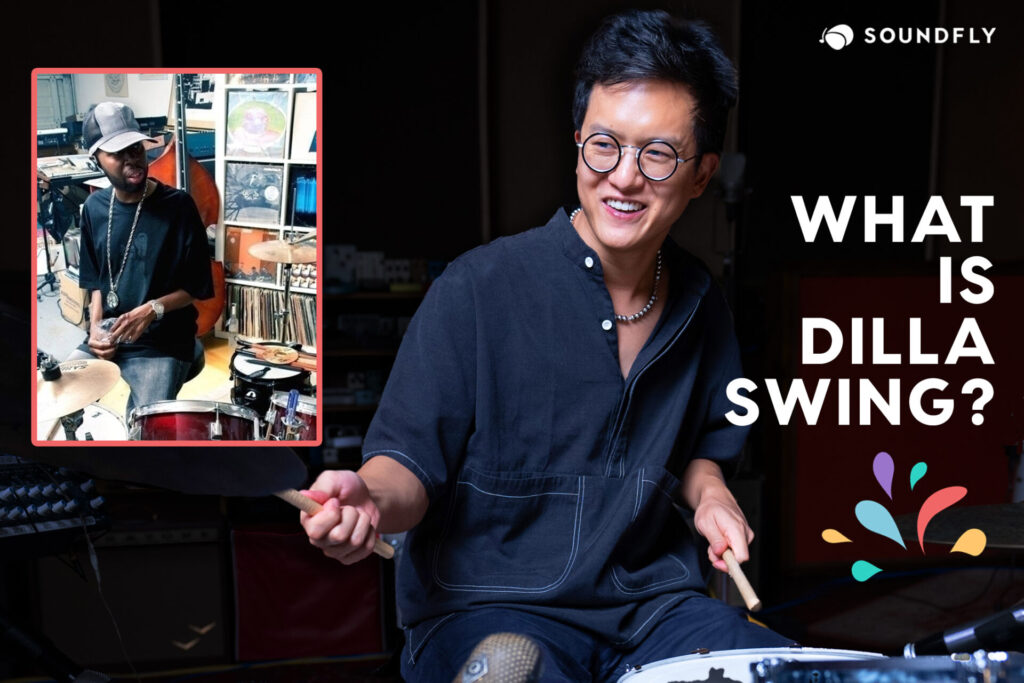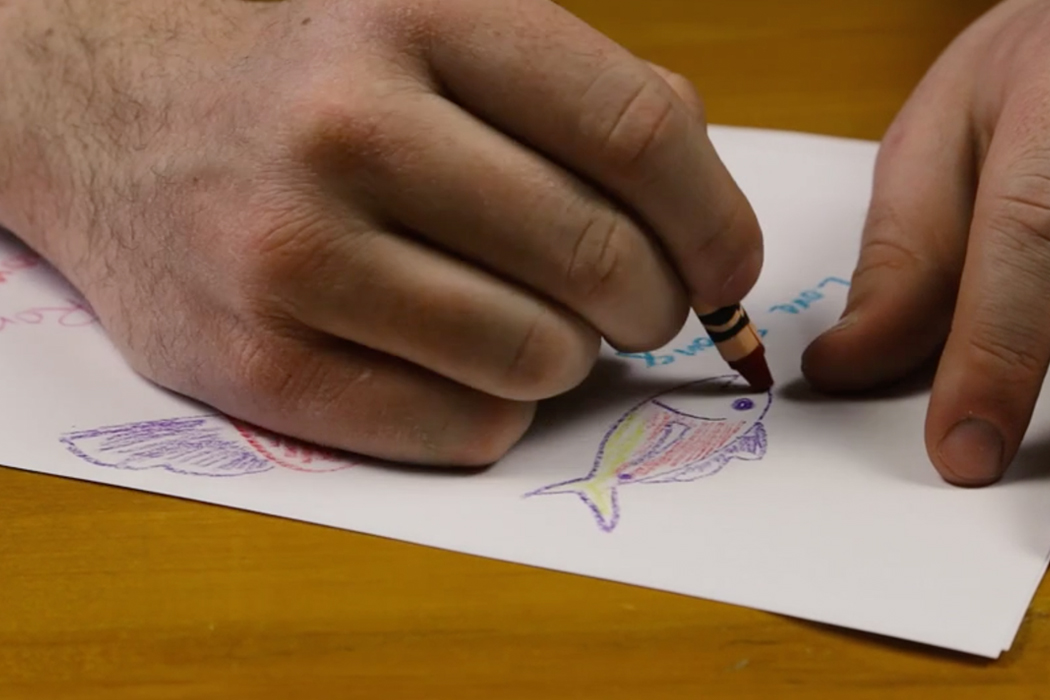
+ Welcome to Soundfly! We help curious musicians meet their goals with creative online courses. Whatever you want to learn, whenever you need to learn it. Subscribe now to start learning on the ’Fly.
Doodle is a funny word. It sounds funny. It looks funny. The act of doodling can be very funny.
But when it comes to helping you become a better musician, there’s nothing funny about it. Doodling can seriously help you improve your memory, relieve stress, gain more focus, and help you make better music. But don’t take my word for it. Science backs me up on this.
Doodling Is Good for Your Memory
The next time you’re trying to learn something — say, if you’re taking an online course — start doodling. Science shows it can help your memory recall.
Psychologist Jackie Andrade did a study on this. She asked 40 people to listen to a 2.5-minute voicemail. It was purposefully a dull and boring message. Half of the people doodled while they listened. The other half did nothing. And none of the participants knew this study was a test of their memory.
Check this out: Afterward, both groups were asked to recall details from the voicemail. And the doodlers were able to remember 29% more information.
This is not a clear cause-and-effect situation, but people studying this idea say doodling is a form of fidgeting. And fidgeting, some believe, is a tactic that our fight-or-flight response uses to stay awake and alert. Even medical students (who have to retain a ton of information, quickly) remember better after just 30 minutes of doodling.
So doodle for the sake of your memory.
+ Learn production, composition, songwriting, theory, arranging, mixing, and more — whenever you want and wherever you are. Click here for unlimited access!
Doodling Is a Stress Reliever
Okay, so doodling seems to be good for remembering things. But it can also help relieve stress.
Doodling (a.k.a. “spontaneous drawings”) has been shown to relieve psychological stress. We all want our lives to make sense. We want to find a reason for everything, an answer to every question. But the truth is, that’s not possible. Not everything has a nice and tidy answer; but somehow, doodling helps fill those gaps in our brains.
Studies suggest doodling activates the “time travel” feature in our brains. This means our brains pull memories to the present, fitting them together kind of like a puzzle. Basically, it makes us feel whole again, even if we don’t logically have all the answers to our questions. And this naturally helps relieve that hum of stress many of us feel much of the time.
Doodling Can Give You More Focus
Doodles might look like random scribbles, words, and pictures. But Dr. Robert Burns, the former director of the Institute for Human Development at the University of Seattle, thinks otherwise.
He believes that our doodles can show us what’s really going on, down in our subconscious. He says that in the same way an EEG machine translates brain waves into scribbles on a page, so does your hand when you doodle.
So if you feel creatively stuck and lacking focus, doodling might be just the creative gateway you need.
How Musicians Benefit from Better Memory, Less Stress, and More Focus
So what does all this have to do with us musicians? Well, you may have already connected the dots, but let me lay it out clearly.
If you had a better memory…
You’d be able to better recall your parts while on stage, so it may be less likely that you’d make a mistake. You could learn songs more quickly, whether it’s a song by your bandmate or The Beatles. You’d remember details, methods, and knowledge from any online course you might take.
If you had less stress…
You wouldn’t feel stuck as much and you’d be able to get more done (and as a musician, you probably have tons of creative ideas and things you want to do). You’d probably sleep better, meaning you might remember your dreams more often (and dreams can be a great inspiration for songs). You may end up treating others with more kindness than you already do (and kindness can go a long way when you’re networking in the music industry).
If you had more focus…
You could move toward your music career goals more effectively. You’d have a better idea of what you want in the long-run. And whether you’re performing, recording, or songwriting, you could be more focused on the task at hand. And that would lead to better music.
So start doodling for the sake of your music career and the betterment of your music.
Why wait to improve your musical skills?
Subscribe here to get unlimited access to all of Soundfly’s premium course content, an invitation to join our members-only Slack community forum, and massive discounts on personalized mentor sessions for guided learning. And get started learning what you want with total freedom today.
